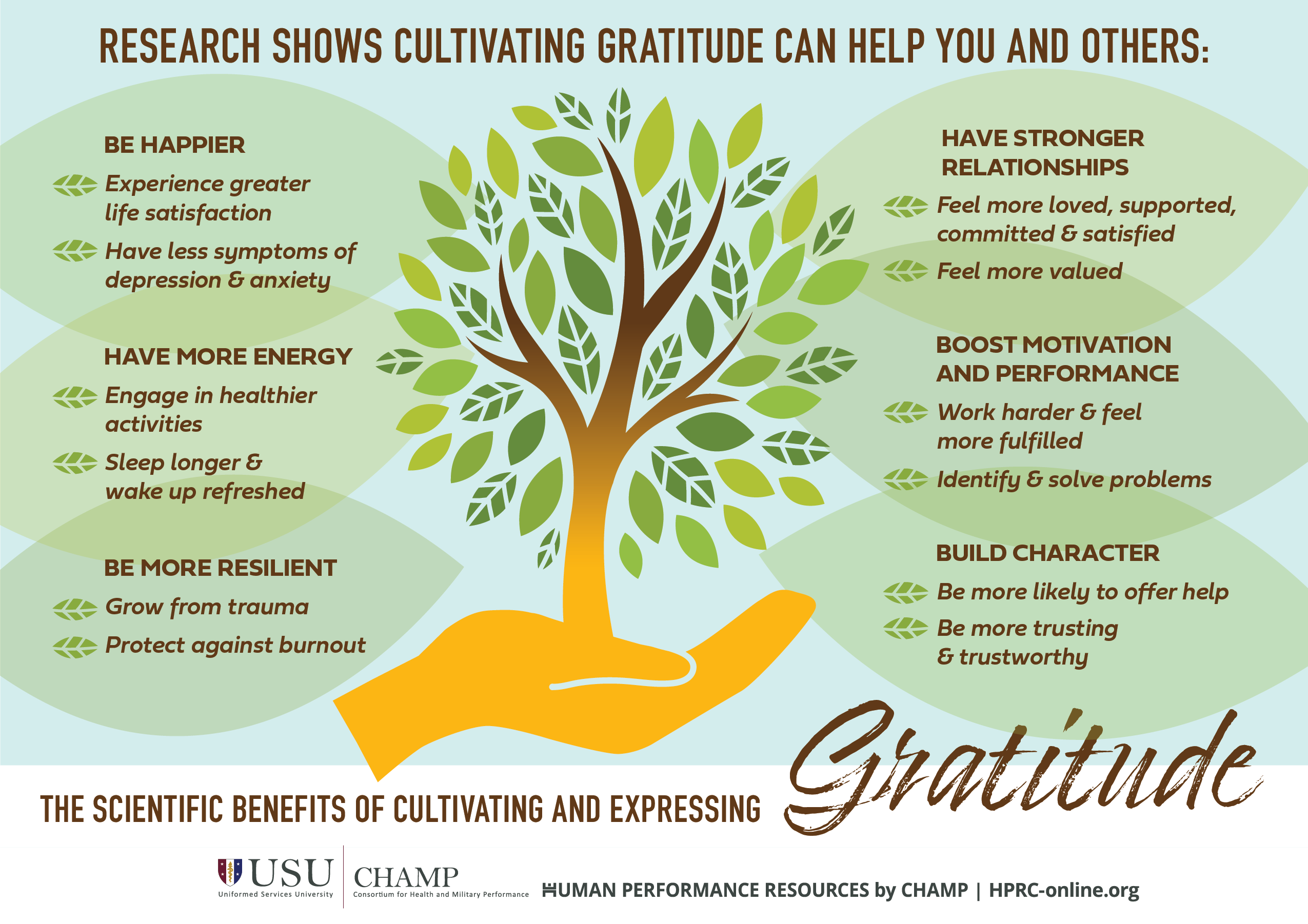Express gratitude to others by simply saying “Thank you” and showing appreciation through kind gestures. Acknowledging someone’s kindness fosters positive relationships and strengthens connections.
Gratitude is a powerful emotion that not only benefits the recipient but also boosts your own well-being. In a world where negativity often prevails, expressing gratitude can make a significant impact. Whether it’s a small gesture or a grand favor, showing appreciation goes a long way in building a harmonious and supportive community.
Let’s explore the various ways in which we can express gratitude and spread positivity in our interactions with others.
The Essence Of Saying ‘thank You’
Cultural Significance Of Gratitude
Gratitude holds immense cultural significance across the globe. In many societies, expressing thanks is considered a fundamental display of respect and appreciation. Whether it’s a simple acknowledgment or a grand gesture, the act of saying ‘thank you’ is deeply ingrained in various traditions and customs.
Psychological Benefits Of Expressing Thanks
Expressing gratitude has profound psychological benefits. It fosters a positive mindset and enhances overall well-being. When individuals express thanks, it not only strengthens their relationships but also uplifts their own spirits. The act of appreciation can significantly reduce stress and contribute to a sense of fulfillment.

Credit: www.mayoclinichealthsystem.org
The Impact On Relationships
Expressing gratitude to others has a profound impact on relationships. It fosters a sense of appreciation, strengthens bonds, and cultivates a positive environment. Genuine and heartfelt gratitude can bring people closer and enhance the overall quality of interactions.
Strengthening Bonds
Expressing gratitude to others can have a significant impact on relationships. It helps to strengthen the bonds between individuals and creates a positive atmosphere. When people feel appreciated and valued, they are more likely to reciprocate those feelings. This can lead to deeper connections and a sense of mutual respect.Building Trust And Reciprocity
Gratitude also plays a crucial role in building trust and reciprocity. When people feel appreciated, they are more likely to trust the intentions of others. This trust can lead to increased collaboration and cooperation. When individuals work together and appreciate each other’s contributions, it creates a positive cycle of reciprocity. This cycle can help to create a more productive and harmonious work environment.In conclusion, expressing gratitude to others can have a positive impact on relationships. It helps to strengthen bonds, build trust, and encourage reciprocity. By taking the time to show appreciation and gratitude, individuals can create a more positive and productive environment.Gratitude In The Workplace
Expressing gratitude in the workplace is crucial for fostering a positive and productive environment. By showing appreciation for others, you not only uplift their spirits but also strengthen team dynamics. In this section, we will explore how gratitude can improve team dynamics, recognition, and motivation.
Improving Team Dynamics
Gratitude has the power to enhance team dynamics by promoting a sense of unity and cooperation among colleagues. When team members feel valued and appreciated for their contributions, they are more likely to collaborate effectively, communicate openly, and support one another.
Acknowledging the efforts and accomplishments of individuals within the team encourages a culture of gratitude and fosters a strong sense of belonging. This, in turn, leads to increased trust, better problem-solving abilities, and a more harmonious work environment.
Recognition And Motivation
Recognition plays a vital role in motivating employees and boosting their morale. When employees are recognized for their hard work and dedication, they feel valued and respected. This recognition acts as a powerful motivator, driving them to perform at their best and strive for excellence.
Expressing gratitude through recognition can take various forms, such as public appreciation during team meetings, personalized thank-you notes, or even small gestures like treating the team to lunch. These acts of recognition not only boost morale but also inspire others to go above and beyond in their own roles.
By fostering a culture of gratitude in the workplace, organizations can create a positive feedback loop where recognition and motivation fuel increased productivity and overall job satisfaction.
Gratitude in the workplace is a catalyst for improved team dynamics, recognition, and motivation. By expressing appreciation for others, organizations can create a harmonious work environment where employees feel valued and inspired to perform at their best. Incorporating gratitude into daily interactions not only enhances team collaboration but also boosts individual morale, leading to increased productivity and overall job satisfaction.
Beyond Words: Showing Appreciation
Expressing gratitude to others goes beyond words, as actions speak louder. Showing appreciation through kind gestures and thoughtful acts can make a lasting impact, fostering stronger relationships and spreading positivity. Let your actions convey your gratitude and make someone’s day brighter.
Acts Of Kindness
Acts of kindness are powerful ways to express gratitude to others. These actions go beyond words and show sincere appreciation in a tangible and meaningful way. Whether it’s a small gesture or a grand gesture, acts of kindness have the ability to make a lasting impact on someone’s day or even their life. Here are some ideas for acts of kindness that can help you show your appreciation to others:- Helping someone with their workload without being asked.
- Volunteering your time and skills for a cause that is important to them.
- Surprising them with a thoughtful gift or token of appreciation.
- Offering to run errands or assist them with tasks they find challenging.
- Writing a heartfelt note or letter expressing your gratitude and admiration.
Giving Back
Giving back to others is another powerful way to show appreciation. It involves using your resources, time, or skills to make a positive difference in someone else’s life. When you give back, you not only express gratitude but also contribute to the well-being of others and the community as a whole. Here are some ways you can give back and show your appreciation:- Donating to a charitable organization or cause that is meaningful to the person you want to appreciate.
- Volunteering your time at a local shelter, hospital, or community center.
- Mentoring someone who can benefit from your knowledge and experience.
- Organizing a fundraising event or participating in a charity walk or run.
- Supporting local businesses or artists by purchasing their products or services.
The Science Of Gratitude
Expressing gratitude is more than just a polite gesture. The act of showing appreciation and thankfulness has been scientifically proven to have a positive impact on our well-being. Researchers have delved into the neurological effects and long-term benefits of gratitude, uncovering fascinating insights into the profound influence it has on our brains and overall happiness.
Neurological Effects
When we express gratitude, our brain releases dopamine and serotonin, neurotransmitters associated with pleasure and contentment. These “feel-good” chemicals not only enhance our mood but also contribute to reducing stress and anxiety. Furthermore, practicing gratitude can rewire the neural pathways in our brain, leading to a more optimistic outlook on life.
Long-term Well-being
Cultivating a habit of gratitude has been linked to improved mental and physical health. Research suggests that individuals who regularly acknowledge and appreciate the positive aspects of their lives experience lower levels of depression and increased resilience. Moreover, gratitude has been associated with better sleep, stronger immune function, and a heightened sense of overall well-being.

Credit: www.hprc-online.org
Barriers To Expressing Gratitude
When it comes to expressing gratitude, certain barriers can hinder us.
Social Hesitations
Social norms may discourage open expressions of gratitude.
- Fear of awkwardness or oversharing.
- Concern about reactions or misinterpretations.
Personal Pride
Ego can prevent us from showing appreciation.
- Fear of appearing vulnerable.
- Desire to maintain a strong facade.
Teaching Gratitude To Children
Teaching children to express gratitude to others is an important life skill. Encouraging them to say thank you, write thank you notes, and show appreciation in small ways can help instill a sense of gratitude and kindness in their character.
Role Modeling
Teaching gratitude to children begins with role modeling grateful behavior in daily life.
Gratitude Practices In Education
Implementing gratitude practices in education promotes positive emotions and empathy.

Credit: www.todayonline.com
Cultural Variations In Expressing Thanks
Cultural variations play a significant role in how people express gratitude to others. Different societies have unique customs and traditions for showing appreciation, whether through verbal expressions, gestures, or gifts. Understanding these diverse approaches to thanking others is essential for effective cross-cultural communication and building strong relationships.
Global Perspectives
Cultural variations influence how gratitude is expressed and received. Different cultures have unique ways of conveying thanks.Adapting To Different Cultures
When interacting with individuals from diverse backgrounds, understanding their cultural norms is crucial.Be aware of non-verbal cues such as eye contact and body language.In some cultures, gestures like a bow or handshake hold significant meaning.Respect traditions and customs when expressing gratitude in a multicultural setting.Remember that adapting to different cultures shows respect and appreciation.The Role Of Technology In Gratitude
Expressing gratitude has evolved in the digital age with the help of technology, making it easier to connect and show appreciation to others.
Digital Thank You’s
Through emails, text messages, and instant messaging, people can send quick gratitude-filled notes to express their thanks promptly.
Social Media And Gratitude Sharing
Social media platforms allow individuals to publicly share their appreciation, spreading positivity and gratitude widely.
Gratitude As A Lifestyle
Gratitude is not just a fleeting emotion or a passing sentiment; it is a way of life. Embracing gratitude as a lifestyle can have a profound impact on our well-being, relationships, and overall outlook on life. When we make a conscious effort to express gratitude to others and cultivate a mindset of thankfulness, we invite positivity and abundance into our lives. By recognizing and appreciating the blessings, big and small, that surround us, we can experience a profound sense of joy and fulfillment.
Daily Gratitude Exercises
One way to integrate gratitude into our daily lives is by practicing simple yet powerful gratitude exercises. These exercises can range from keeping a gratitude journal, where you jot down things you are thankful for each day, to expressing appreciation to someone in your life. Taking a few moments each day to reflect on the things that bring us joy and gratitude can shift our focus from what we lack to what we have, fostering a positive mindset and a greater sense of contentment.
The Journey Of Mindfulness
Mindfulness is a key component of living a grateful life. By being present and fully engaged in the current moment, we can cultivate a deeper awareness of the abundance and blessings that surround us. Mindfulness allows us to savor the simple pleasures in life, from a warm cup of tea to a beautiful sunset, and to acknowledge the kindness and support of those around us. Through the journey of mindfulness, we can nurture a spirit of gratitude that permeates every aspect of our lives, bringing us closer to inner peace and genuine happiness.
Frequently Asked Questions
Why Is Expressing Gratitude Important?
Expressing gratitude helps improve relationships, promotes happiness, reduces stress, and increases overall well-being. It also helps to acknowledge the efforts of others and encourages positive behavior.
How Do I Express Gratitude To Someone?
You can express gratitude to someone by saying “thank you,” writing a note of appreciation, or giving a small gift. You can also show gratitude by performing a kind act, spending quality time with the person, or simply listening to them.
What Are Some Benefits Of Practicing Gratitude Regularly?
Practicing gratitude regularly has many benefits, including improved relationships, increased happiness, reduced stress, and improved physical health. It also helps to cultivate a positive mindset and increases resilience in times of adversity.
Can Expressing Gratitude Improve Workplace Culture?
Yes, expressing gratitude in the workplace can improve workplace culture by promoting positivity, increasing employee engagement, and building stronger relationships among colleagues. It can also increase productivity and reduce turnover rates.
Conclusion
Expressing gratitude is a simple yet powerful way to connect with others. By showing appreciation, we can strengthen relationships and spread positivity. Whether through a heartfelt thank you or a kind gesture, gratitude has the ability to make a meaningful impact on both the giver and the recipient.
Embracing gratitude can enhance our lives in countless ways.



